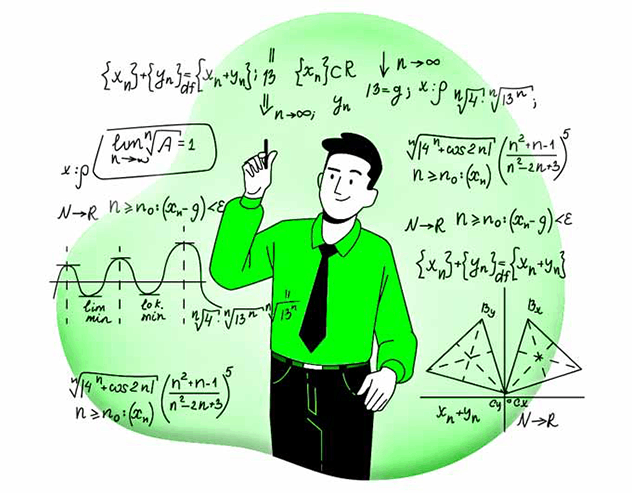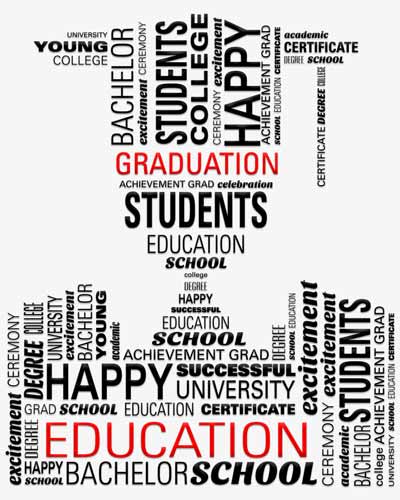Brief History

ETMA was set up as a Charitable Trust in 1993 by two women educators – a teacher-student duo. The primary agenda was improving education human development. Needless to say, it attracted some of the finest minds in India.
ETMA has been mentored by Padma Bhushan (Late) Prof. P. V. Indiresan (former Director, IIT Madras) and Late Prof. Udai Pareek, Father of HR in India (Larsen Tubro Chair Professor, IIM Ahmedabad) in the past. Various scholars and academic leaders from the IITs, IIMs, and other renowned business schools, Medical Institutions, Universities, leading Schools, and Corporates have been associated with ETMA.
Conceptualised to be a small yet effective, the first ever assignment ETMA undertook was innovating staff development in Education industry. It focused on personal excellence for self-actualisation. Over the years, it added innovative staff development programmes for colleges,universities and engineering institutions.
A training institute is known by its portfolio. ETMA has trained 15,000+ teachers and heads of institutions so far. The latest innovations are staff development through Researcher-Practitioner Collaboration and Self-Regulated learning models. 
ETMA’s consulting portfolio is rich and diverse. UNICEF, Commonwealth of Learning,CEMCA, Gujarat Informatics Limited, Intel, USAID, KPMG, GESCI, and few other otherIndian and international agencies have consulted ETMA. The research projects have beensponsored by ICSSR (GOI), INTEL, GESCI, GIIS (Singapore) and BEI (Austria).
ETMA was the event partner of AIAET in the world Conference in 1997, celebrating golden jubilee of Indian Independence. Subsequently, ETMA conducted national and international conferences of serious policy implications in 2007, 2009, 2011, 2012, 2016, and 2020. These conferences were graced by the top brass including the Prime Minister, Finance Minister, HRD Minister of India, Scholar-Statesman Dr Karan Singh, Director, IIEP-UNESCO Paris, Chairperson, COL (Vancouver), Scholars from Columbia, Athabasca, Stockholm, British Columbia, New Castle, Melbourne, South Pacific (Fiji) universities also sent in their representatives. ETMA conferences had apex Indian institutions including NIEPA, NCERT, IGNOU, NCTE, CBSE, AIU, KVS and international organisations like UNICEF, UNESCO, Intel, NIIT, CORE and BEI as collaborators.
ETMA started its publication programme in 2007, and published several books, like Quality Management in Education (2007), Indian Education: A Developmental Discourse (2015), CCE:In Depth (2013), and Scientific Parenting (2021) and occasional newsletters. ETMA now publishes a peer-reviewed international journal, Education@ETMA, with an ISSN number.
ETMA’s outreach activity started right after its inception with School Improvement Programme(1994- today) involving 42 rural government primary schools. Later, in 2010, ETMA introduced the Personal Social Responsibility Programme (PSR) to support the education of brilliant students at risk due toweak economic backgrounds with scholarships funded by the ETMA community. More than 40 students have benefitted from this programme.
Organizations that survive turbulence from external environment for decades reflect the passion and commitment of their founding members. At times, the vision of these organizations may not be that explicitly stated, but their impact can be felt by those who derive benefit and inspiration from their work. Education Technology and Management Academy (ETMA) is one such organization that has withstood global breakdown in 2020-21 and emerged stronger.
The core strength of ETMA is its rich human capital ranging from a wide spectrum includingneurosurgeons, civil engineers, management gurus, and corporate achievers.
Activity Verticals
ETMA tries to achieve its vision and mission through five activity verticals.
- Outreach Programme (Charity): ETMA tries to respond to the needs of the deprived through two charitable programmes: School Improvement Programme (SIP), and Educating the 3rd Child project. SIP supports some government rural primary schools in a village cluster to enhance the quality of schooling. The government of India showcased the success story of SIP in the EFA 2005 document submitted at the HLG Meeting in Brazil.
In Educating the 3rd Child project, ETMA identifies and provides scholarships to brilliant students from weak economic backgrounds to pursue their studies. The funds are generated through donations by members and friends of ETMA. A few of the scholars include Sri Partha Sil now pursuing PhD from ISI, New Delhi, after completing post-graduation from IIT Kanpur. Sri Saikat Jati pursuing PhD from the Centre for Biomedical Research, Lucknow; Sri Atanu Mondal, pursuing a PhD after completing his M. Tech from IITKGP; and Sri Soumya Saha joined TCS after completing M.Tech from IIT Mumbai.
- Capacity Building Programme: More than 15000 teachers and principals of schools, colleges and engineering institutions have benefitted from staff development programmes of ETMA.
ETMA programmes are infused with practical training for developing relevant skills in teaching, learning and management. The practice-based programmes lead to staff empowerment through several innovations like self-regulated professional learning, researcher-practitioner collaboration, data feedback, and hands-on experience. Blended learning, Academic Leadership, School Effectiveness, and Parenting are some of theunique programmes offered by ETMA.
- Seminars, Webinars and Conferences: In pursuance of its mission to share niche knowledge in education, ETMA conducts seminars/webinars and conferences deriving key contributions to education from various stakeholders. The themes of ETMA’s conferences and seminars are primarily based upon global standards of education, and top global and national leaders attended these conferences. ETMA’s events provide an excellent learning and sharing opportunity for the stakeholders.
- Research and Consultancy: ETMA has conducted several research projects funded by national and international agencies like Xerox Centre, ICSSR & State governments. ETMA’s distinguished panel of experts is in high demand for consulting. Many international and multinational agencies like UNESCO, UNICEF, USAID, CEMCA (COL), Intel, Microsoft & KPMG consult ETMA.
- Publications: ETMA publishes Education@ETMA, a triennial Journal with ISSN, occasional Newsletters, Books, Research Reports, and Open Access Learning Materials (OER) in educational technology and management. It also produces digital content in the form of educational videos. ETMA also shares expertise and news through social media: Facebook,Twitter, LinkedIn, and YouTube.
Vision
In consonance with the trailblazing path curated by the founding members and incontinuation with its glorious past; the core of ETMA's vision is hinged upon:
- Research and development driven innovation to transform educational and corporate organizations to excel in their chosen fields.
- In 10 years from now, ETMA will emerge as a robust R&D organisation with a major thrust on Quality Improvement at all levels of education and corporate training with a global footprint.
Mission
To be known as an organization for:
- Knowledge creation through research, innovation, publication.
- dissemination of skills, knowledge and research findings through seminars, conferences and consultancy.
- Addressing the needs of the brilliant students deprived of educational resources through personal social responsibilities.
- Evolve as a Pacesetting quality institution in educational technology and management.
